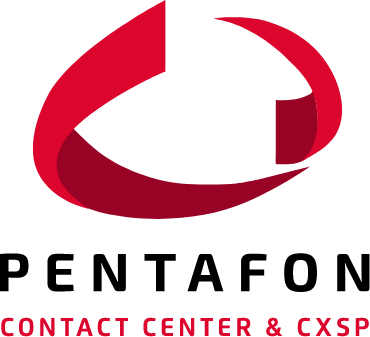How to Boost Productivity and Reduce Turnover with Employee Loyalty Programs
In an environment where trust has become a strategic asset, organizations must respond with verifiable actions that align technology, ethics, and purpose.
For Antonio Fajer, president of Pentafon, adopting responsible practices not only addresses environmental demands but also represents a deep transformation of the business model. “The Corporate Social Responsibility model has evolved from philanthropy to being deeply integrated into business,” he noted in a recent interview.
The trend is clear: more than 70% of consumers —and up to 90% among millennials— prioritize brands that demonstrate social or environmental commitments. This preference has measurable effects on both loyalty and operational efficiency.
Tangible results in human capital and efficiency
Pentafon has implemented various strategies focused on labor inclusion, talent development, and emotional well-being. These programs have increased productivity by 25% and reduced turnover by 40%, indicators that reflect alignment between organizational culture and strategic objectives.
On the environmental side, the company has embraced digital processes and energy-efficient data centers, leading to an annual electricity consumption reduction of up to 22%. These actions enable sustainable operations without compromising performance.
Global standards to build trust
Part of the commitment to transparency involves operating under international security frameworks. Pentafon holds certifications such as PCI DSS v4 and ISO 27001, and has developed an artificial intelligence governance model centered on human traceability, data protection, and inclusion.
“Cybersecurity and digital ethics are pillars for earning customer trust,” Fajer emphasized. In a rapidly digitizing market, these guidelines are not optional differentiators, but fundamental requirements.
Organizational culture with social impact
The institutional program “Dejando Huella” (Leaving a Mark), focused on initiatives such as reforestation, recycling, and volunteering, demonstrates how a sustainability strategy can be integrated into organizational culture. These actions not only contribute to the environment but also strengthen team belonging and improve internal satisfaction.
Consistency between words and actions
The consistency between what companies say and what they do is one of the main challenges. According to Edelman, 69% of consumers stop buying from brands that don’t deliver on their promises. Fajer warns that in this context, public statements must be backed by concrete, measurable actions.
His recommendation for young or growing companies is to integrate social responsibility from the beginning, link it directly to processes, and constantly evaluate its impact.
Today, in a business environment where traceability, operational ethics, and sustainability define competitiveness, Pentafon reaffirms that well-implemented social responsibility not only improves corporate reputation but also optimizes processes, strengthens relationships, and builds long-term trust.
Results of applied culture
During the CX & EX Forum 2024, the Mexican Institute of Teleservices (IMT) awarded Pentafon the prize for Best Initiative in Human Potential Development, reflecting a sustained commitment to employee experience as a strategic pillar.
Under the Growth Culture model, the Corporate Culture team implemented a data-driven approach to optimize every stage of the employee lifecycle. Through the design of an Employee Journey Map and specialized analytical tools like Infomart, they developed a management model centered on real data. This allowed employee feedback to be translated into concrete actions, improved overall well-being, optimized internal development processes, and strengthened decision-making around talent management.
Some of the most notable results include:
-
Increase in employee satisfaction from 79.75% to 82.69%.
-
Improvement in Great Place to Work global evaluation to 87%.
-
Annual turnover reduction of -25% and associated cost savings.
-
Internal coverage of vacancies raised to 80%.
-
Sustained growth in pride and retention indicators.
The strategic management of organizational culture has generated measurable impacts on key business indicators. At Pentafon, talent development is an operational axis that directly contributes to productivity and efficiency, consolidating us in the National Ranking at 51st place among the Best Companies to Work For, just behind Deloitte and Accenture in the Professional Services category.


